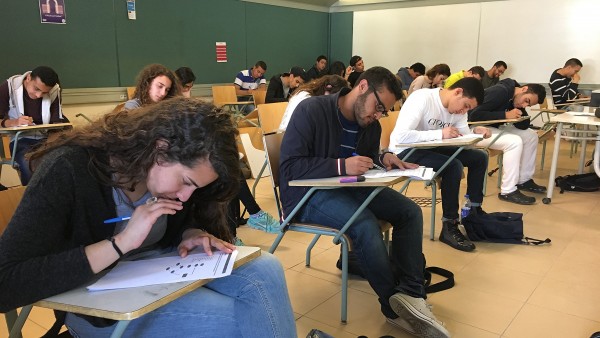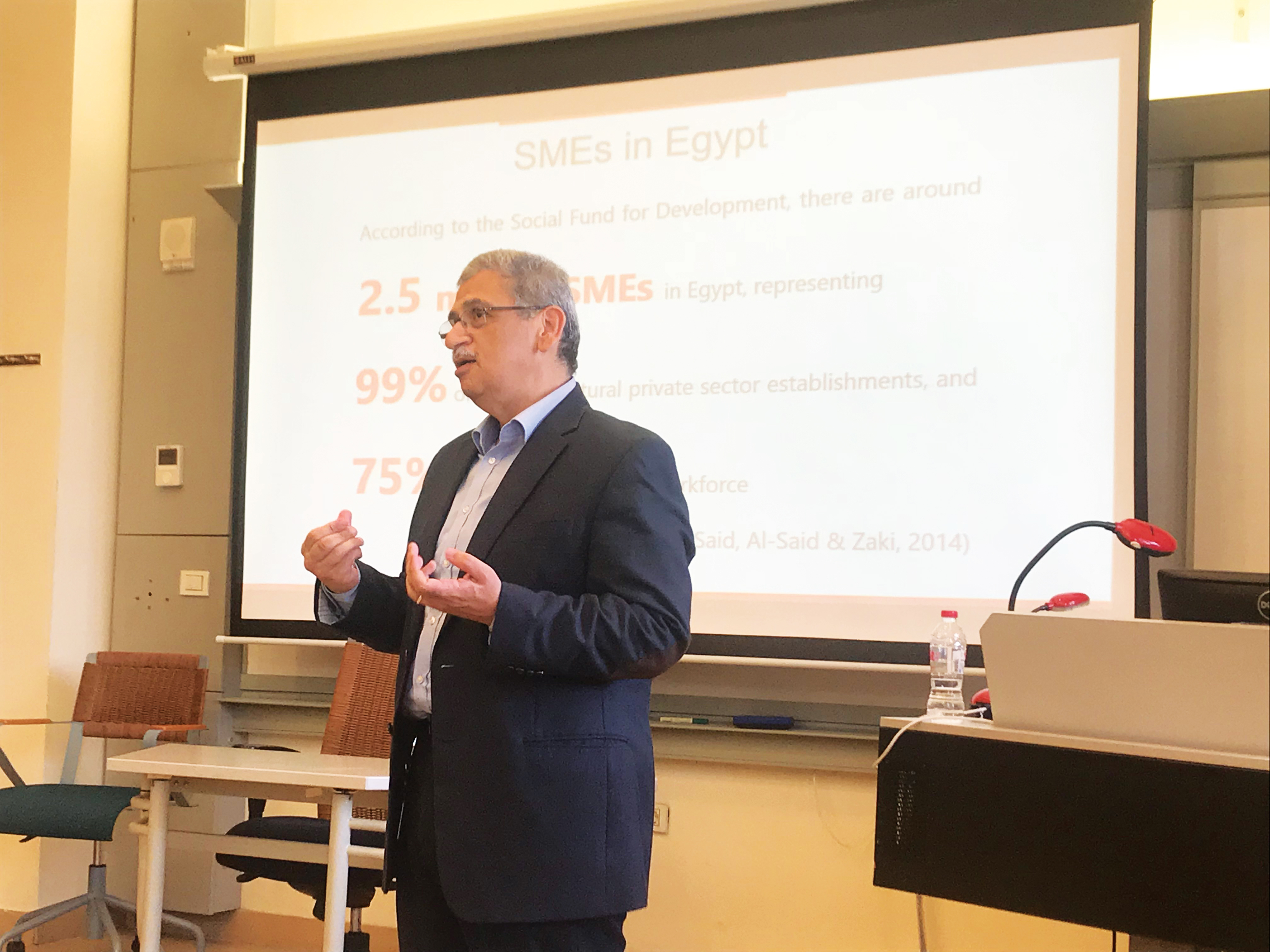Senators issue public statement regarding Senate transparency
SUNDAY NOVEMBER 3, 2013
BY ROQAYA ZAMZAM
A group of student Senators put forth a statement to the AUC general assembly undermining their fellow members’ transparency within the Senate over voting, transparency and budget issues.
Sixteen Senators signed a petition in order to take action against what they regarded as extreme violation of the expected role from the student Senate and Court.
They referred to the accuracy of selecting the legislative representatives and to the violation of by-laws of the current constitution.
A case has been filed against Adham Sherif, Senate Speaker, after accusations of his bias in the process of choosing the legislative representatives.
“In the process of the selection of the legislative representatives, the members were torn up between who to choose. I was accused of interfering and allowing the executive members to choose instead,” said Sherif, adding that his way of solving the dispute seemed legitimate then.
The Senate Speaker added that the arguments put forth by both sides were not supported by evidence because none of those involved in the conflict attended the selection meetings.
“I’m glad that the student body is using our [constitution’s] laws to express its opinions instead of referring to the administration; this shows the importance and power the student government has and exerts,” said Sherif.
The statement also addressed the funding by the Student Senate of a trip to Washington, carried out last month, for an annual conference by the American Student Government Association (ASGA).
The conference hosts members of student governments (Student Union, Student Senate and Student Court) from many universities. The selection of AUC candidates was also allegedly problematic.
“My main concern is transparency. We are not told a lot of things that happen and many situations aren’t clear,” said Economics Senator Adham Badrawy.
Senators felt that the budget for the conference was unclear, with no rules governing the allocation process.
Senate Speaker Sherif said that he is one of five people who vote for the selection of the candidates.
“Even though the decision includes the votes of the Student Union president and OSD [Office of Student Development] members, I was the only one attacked of being biased and choosing my friends,” said Sherif.
According to a document written by the OSD, the selection process of the conference participants consisted of: dedication to the student organizations, involvement in activities, competence, and willingness to serve student organizations, to share the experience and to train others. The selection process was for a different conference in New Jersey that got canceled, so the chosen candidates were transferred to ASGA.
Sherif participated in the vote for the candidates’ selection, but was not in the four-member executive committee that voted on the ASGA budget.
“I want to make a public apology for refraining [from voting] on the budget for ASGA,” said Sherif. “The vote was going to pass anyway because 50 percent of the voters are traveling, so it didn’t make sense that I go through the process [of voting].”
Not only the issue of budget and candidate selection was raised, Badrawy was also concerned about the general process of elections in the Senate. He said that sometimes the actions are unclear and their intention is biased due to the existence of camps.
“I don’t belong to a camp and I think they stop the student government from reaching its goal which is helping the whole AUC community,” said Badrawy, adding that he thinks the camps system hinders development.
The Senator said it sometimes happens that two camps agree on a winner for the elections after reaching specific agreements, which he thinks is unfair to the candidates who do not belong to any camps.
On the other hand, Sherif said, “Since the Senate represents the political life in the university, meetings and decisions between members can be made and no laws can be formed against that.”
Sherif added that this is normal in politics, even though the Senate encourages collective work and supports the inclusion of everyone, especially the members who are not affiliated with a camp.
The disclosure of Senate problems to the public stirred arguments on the act’s validity and the extent to which it may affect decisions that will be taken.
“I would have appreciated it more if they called for a meeting and talked to us directly instead of causing such a scandalous scene,” said Sherif.
As for Badrawy, he expressed his respect for the movement because they spoke about what they saw as wrong and were fighting to fix it.
He added, “I would have liked if they met personally with the Senate instead of going public though. We could have solved the problems and moved on to focus on issues that are more beneficial to the community.”
Meetings between members of the Senate are still being held to reach a middle ground and negotiate specific terms.


